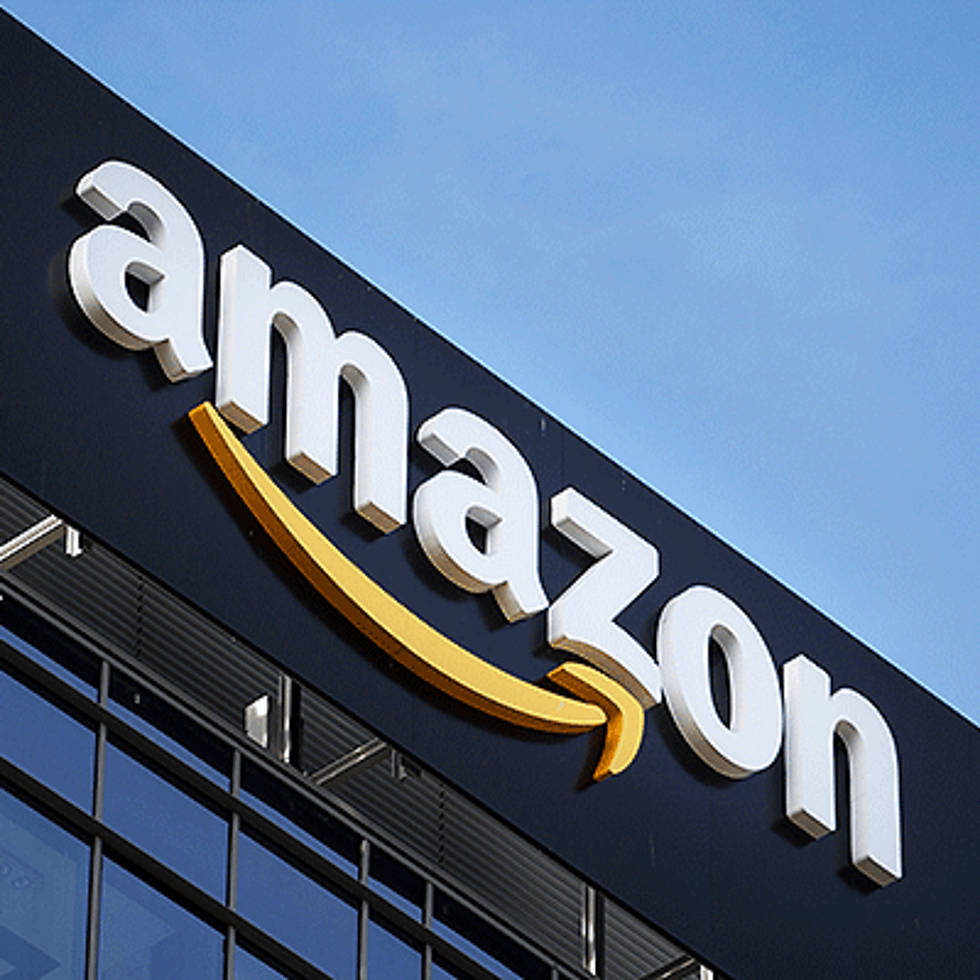Amazon VS. Google: The War Continues!
- Jul 25, 2022
- 3 min read
Updated: Apr 9, 2024


Amazon is one of the biggest companies in the world today. Neglecting the fact that they are in the eCommerce business, this is still an incredible feat to withhold. Again, let us repeat, Amazon is one of the biggest companies in the world today. With other giants like Google, Facebook, TikTok, and even NASA, you’d think that they would have some serious competition fighting for the top spot. But thanks to the eCommerce industry and its booming success, Amazon is miles past its closest competitor that at this point trying to topple them would be futile. Or maybe not?
Google, the world’s largest search engine and database, plans to change the course of this. There have been numerous times in the past that Google has tried to replicate the formula that Amazon has perfected when it comes to eCommerce. Unfortunately, every time this has occurred it didn’t really go the way Google wanted it to.
In 2013, Google introduced a delivery service via an app you can download called Shopping Express. Believe it or not, too there were a lot of backers behind this program. Including the likes of Target, Walgreens, and Walmart, the concept seemed to be foolproof even for a concept. But the problem was that the program was run entirely off ads from partners. But consumers that would use the program would ignore these ads more than expected as they refused to show on the main page where most of the shopping revenue was generated. This would favor specific products and ads would be rendered useless causing investors and partners to not want to further invest. With the lack of funds to continue the project, it eventually died out.

This also was further pushed down in the Google waterfall when in 2015, Google was hit with a lawsuit claiming it unfairly biased its own service over others that deserved the traffic more.
Recently in 2020 however, with the help of new management, Google may have a new business model that they plan to implement in the coming months. The plan of this new model will cut out the middleman by putting them in as the middleman.
When users shop on google for a specific item, say a baseball helmet, instead of loading a traditional backlog of SEO-certified websites that sell this item, a buy now option for different types of baseball helmets will appear allowing the user to easily and quickly buy the items they want at a glance. Defeating the need for deep research and cutting the time the consumer spends backtracking to google over and over until they give up and go elsewhere for answers.
There is a slight issue or oversight with this idea though that we have noticed, and we are eager to learn more as time goes on and better data concludes itself. This business model is great for Google, but Google has always been about specifics. When you search for something on Google, you’re searching with the intent of finding something that’s as relevant to what your query is. If you wanted to search for Blue Baseball helmets made in the USA, you would have to type that specifically before it gives you that type of item even if it were a buy now option.
What would you do if you could cut down the middleman and create instant shortcuts for your customers? Would you prefer them to go through a catalog to find a preferred item as we have been? Or would you rather find the item you need assuming you know what it is you need for the sake of practicality?







